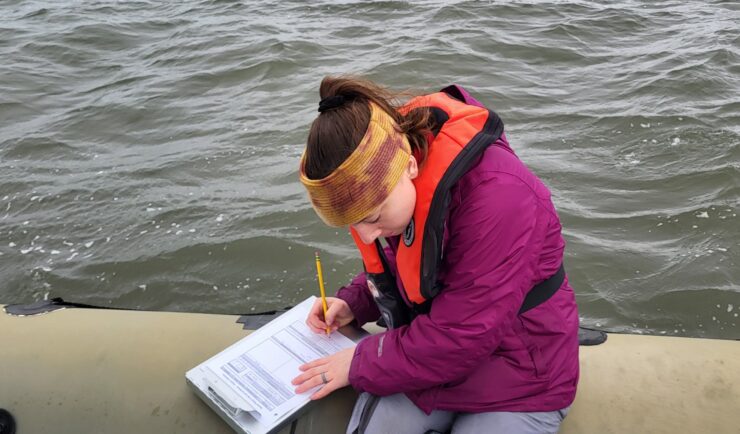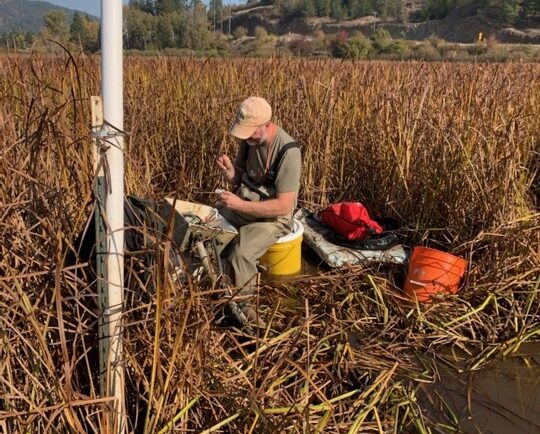- CSS News
- Safety, Health, & Environmental Compliance
Expanding our Waste Management Contract

We’ve recently expanded our waste management contract with the Centers for Disease Control and Prevention (CDC). Our staff now support CDC in Fort Collins, Colorado. As part of this project, our employee owners ensure hazardous waste from laboratories and florescent and halogen light bulbs is managed, stored, and disposed of properly.
For over 13 years our personnel have supported CDC’s waste management division. This new contract expands upon existing contracts with CDC facilities in Fort Collins, Puerto Rico, and Atlanta, Georgia. Our highly experienced teams have trained laboratory staff in handling hazardous waste materials, including spill clean-up and decontamination protocols. We also train CDC staff in satellite waste accumulation and CDC’s online waste ticketing system. In addition, our staff have received high praise from the client for their organization, efficient management, and safe handling of hazardous waste.

See More CSS Insights

Overcoming COVID-19 Challenges
Great job to our team supporting our contract with the U.S. General Services Administration on assisting the client with conducting a year’s worth of environmental, health, and safety surveys in just six months! Due to limitations with COVID-19, the team was unable to conduct their surveys on their usual timeline and instead had to work…

Organizing Teams to Monitor Coastal Contaminants
For nearly 40 years NOAA’s National Mussel Watch Program has been monitoring contaminants in coastal waters in over 400 sites around the U.S. by testing sediment and bivalves, such as oysters and mussels. A CSS employee owner organizes and coordinates the regional missions to collect and test samples. This includes developing a schedule and coordinating…

Installing Environmental Monitoring Stations
Our field crews installed/updated two environmental monitoring stations in remote locations in the Pacific Northwest. Multiple types of sensors were installed including air and soil temperature, precipitation, soil moisture and soil redox potential. These stations provide data for designing and evaluating soil remediation projects for U.S. Environmental Protection Agency’s Office of Research and Development. Installing…
